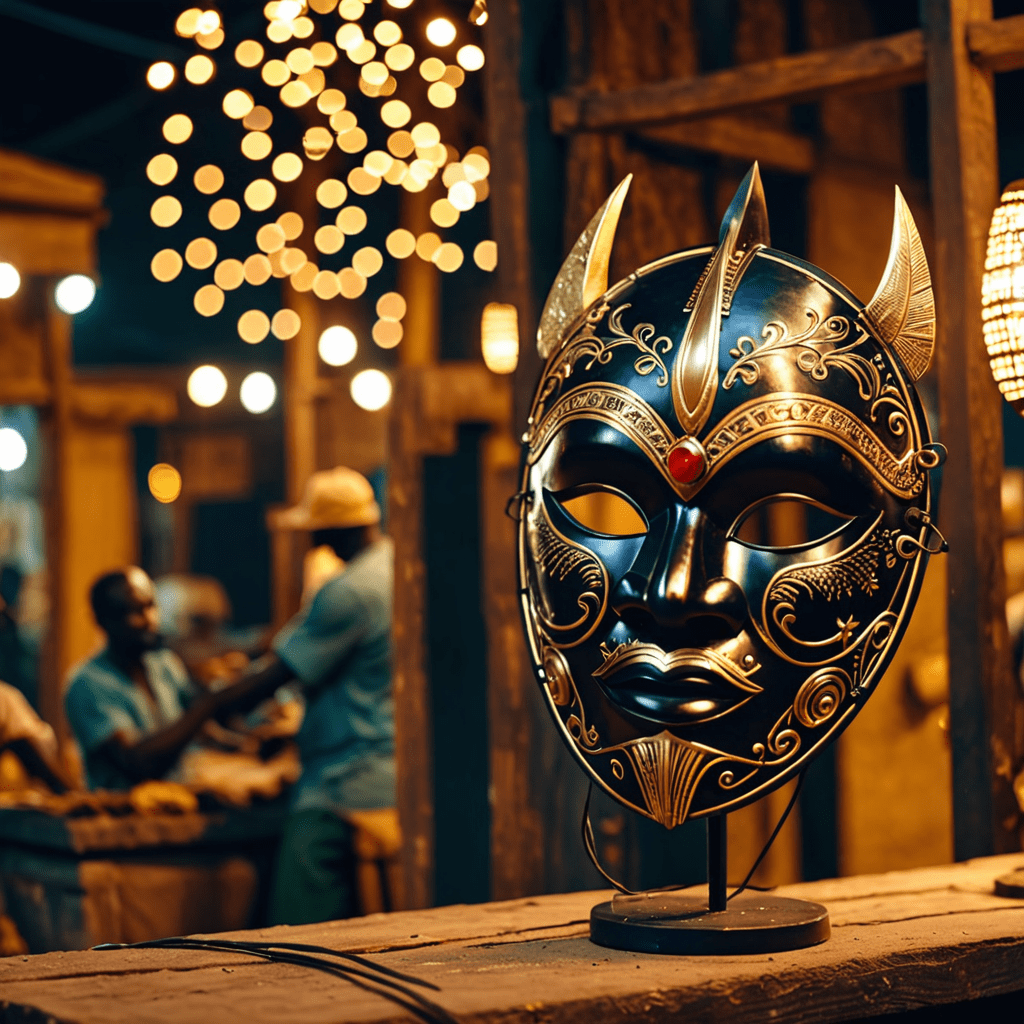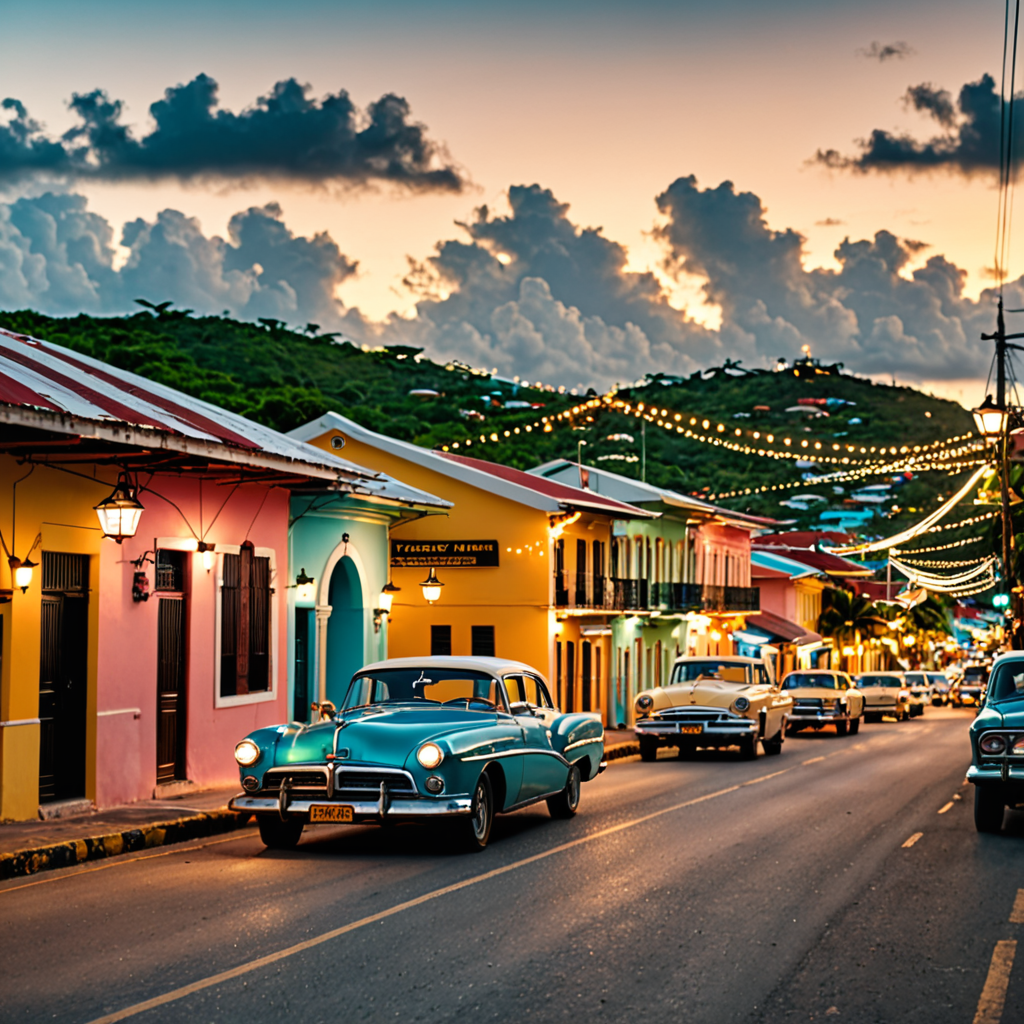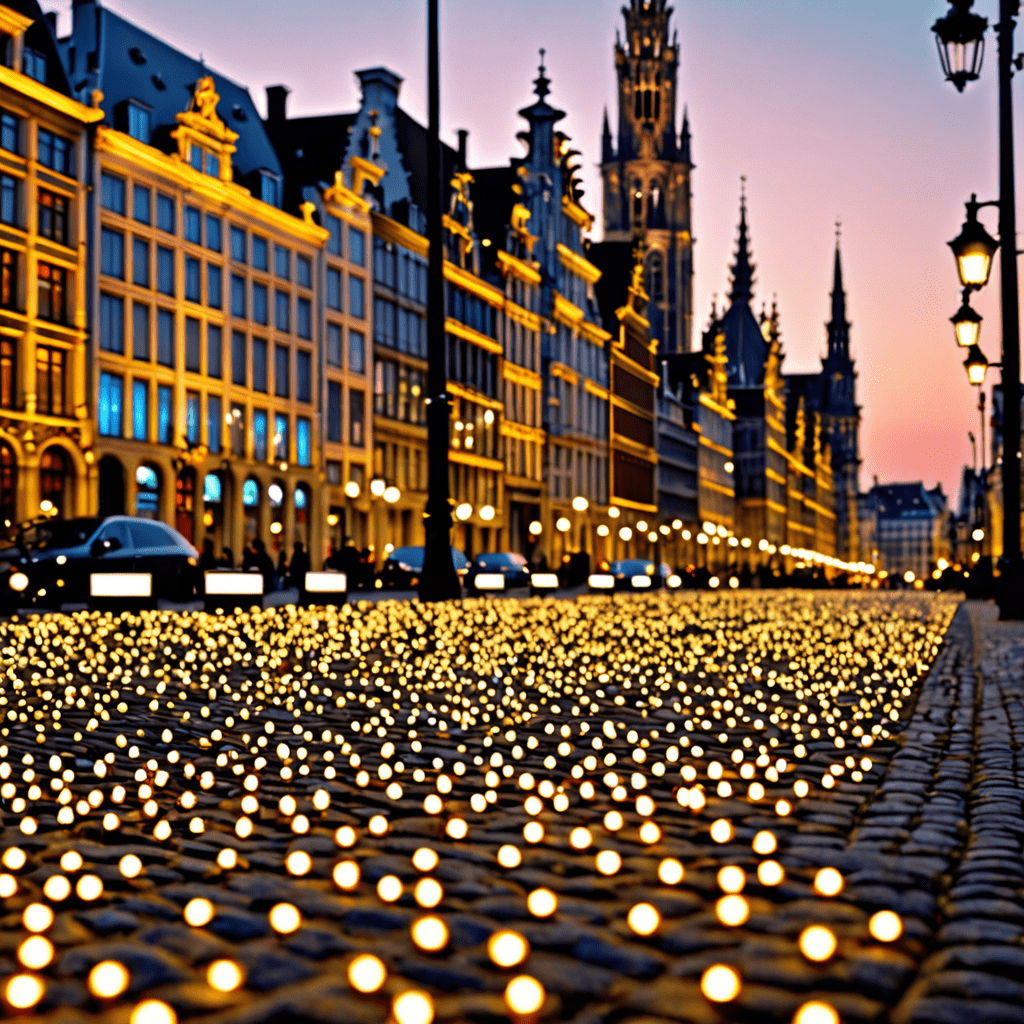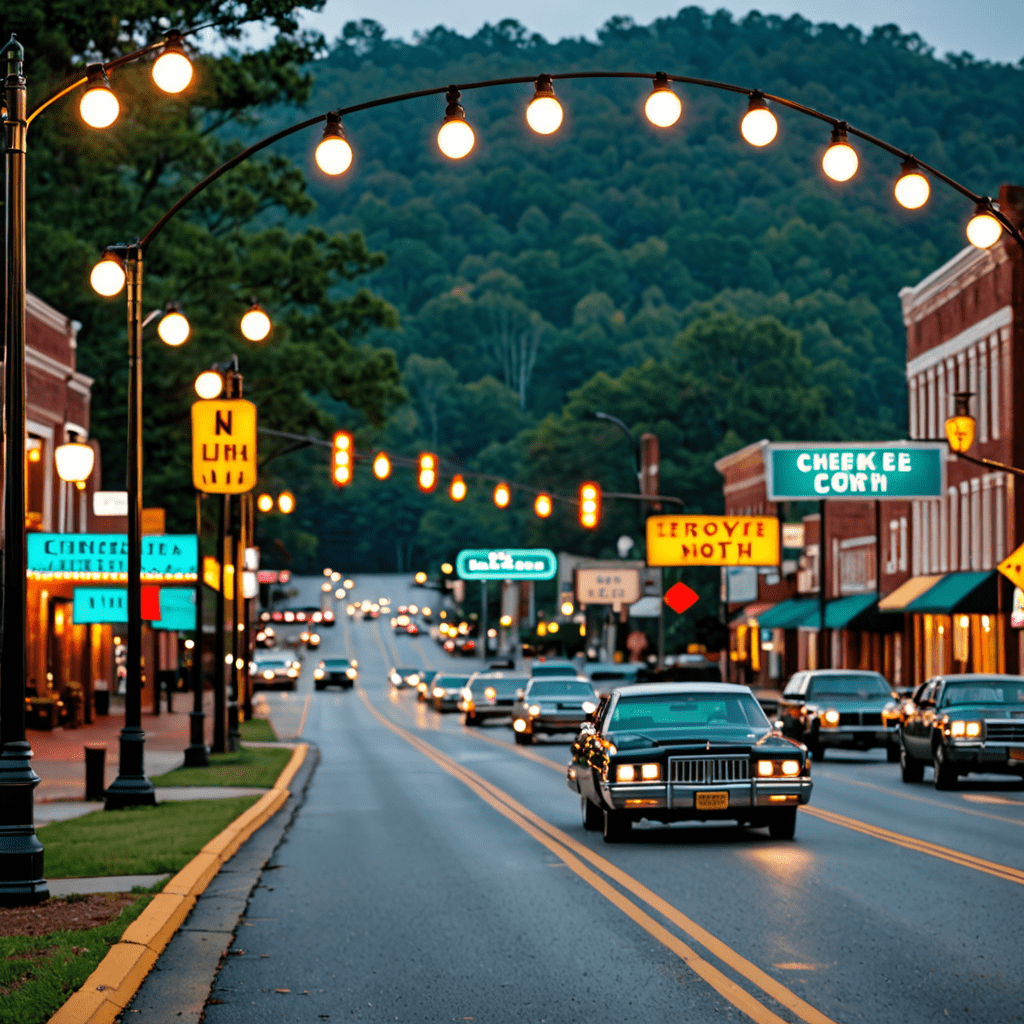
Exploring Angola’s Rich Cultural Heritage: Traditional Mask Making
The Intriguing Art of Traditional Mask Making in Angola
Angola, a country known for its vibrant culture and rich heritage, boasts a fascinating tradition of mask making. These traditional masks hold significant cultural, social, and spiritual importance for the Angolan people, serving as expressions of identity, history, and beliefs.
The Cultural Significance of Masks in Angola
In Angola, traditional masks play a vital role in various ceremonies and rituals, ranging from initiation rites to agricultural festivals. These masks are often crafted to represent ancestral spirits, animals, or mythological figures, symbolizing different aspects of Angolan culture and history.
The Process of Creating Traditional Angolan Masks
The art of mask making in Angola is a meticulous and time-honored craft, typically passed down through generations. Artisans use materials such as wood, animal hides, feathers, and beads to intricately carve and decorate these masks, infusing each piece with symbolism and meaning.
Types of Traditional Angolan Masks
Angola boasts a diverse array of traditional masks, each reflecting the unique traditions and beliefs of different ethnic groups within the country. From the bold, colorful Chokwe masks to the intricately carved masks of the Mwila people, Angola’s mask-making tradition is a testament to the country’s cultural diversity.
Preservation Efforts and Contemporary Trends
In recent years, there has been a renewed interest in preserving and promoting Angola’s traditional mask making heritage. Artisans and cultural organizations are working to safeguard these traditions, while also incorporating contemporary elements to adapt to modern tastes and market demands.
Experiencing Angola’s Mask Making Tradition
For travelers interested in immersing themselves in Angola’s vibrant cultural scene, exploring traditional mask making is a must-do experience. Local markets, museums, and cultural centers offer opportunities to witness skilled artisans at work and purchase unique masks as souvenirs of your time in Angola.
Conclusion
In conclusion, Angola’s traditional mask making is a captivating art form that serves as a window into the country’s rich cultural tapestry. By delving into the intricacies of mask making, one can gain a deeper appreciation for the traditions, beliefs, and creativity of the Angolan people. Embrace the opportunity to explore this unique aspect of Angola’s cultural heritage on your next adventure to this vibrant African nation.
FAQs about Angola’s Traditional Mask Making
What is traditional mask making in Angola?
Traditional mask making in Angola is a sacred and cultural practice where skilled artisans craft masks with intricate designs, representing different aspects of Angolan culture, beliefs, and history.
What materials are typically used in making traditional masks in Angola?
Artisans in Angola often use materials like wood, animal hides, feathers, and shells to create their traditional masks, each material carrying its own symbolic significance in the mask-making process.
What do the different designs and symbols on the masks represent?
The designs and symbols on traditional masks in Angola often represent various aspects such as ancestral spirits, deities, animals, fertility, protection, and social status, each holding deep cultural and spiritual meanings.
How are traditional masks used in Angolan culture?
Traditional masks in Angola are used in important ceremonies, rituals, dances, and celebrations to connect with ancestral spirits, invoke blessings, ward off evil, and preserve cultural heritage, playing a significant role in the country’s cultural identity.
Are traditional masks in Angola only for artistic purposes?
No, traditional masks in Angola serve both artistic and spiritual purposes as they are believed to hold spiritual powers, connecting the wearer and the community with their ancestors and the supernatural world.


